The University of Exeter’s new MA in magic and the occult reflects growing interest in all things magical and mystical. Kate Orson, who was involved in the new age for more than 20 years, explains why she is concerned, and how Christians can respond
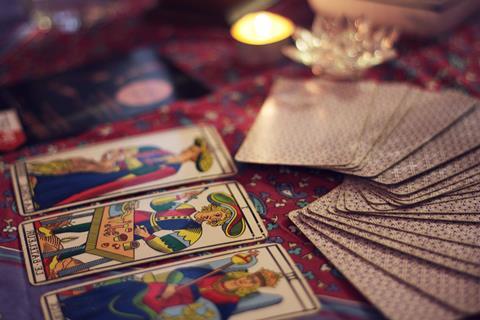
Last week, the University of Exeter announced a new masters degree, created in response to the “recent surge in interest in magic”.
While Harry Potter fans were getting excited imagining a real life Hogwarts, the MA in magic and occult science is not actually designed to teach practical magic skills, but to study “the history and impact of witchcraft and magic around the world on society and science.”
Areas of influence
I do think it is important to understand the influence that occult thinkers have had on society, and learning about it can help us make sense of how the enemy operates. Shortly after becoming a believer, I began to research writers, philosophers and musicians, and was astonished to find that a huge number of them throughout history were practising occultists, or those who dabbled or had an interest in the area.
Students of magic may experiment with the occult - if they aren’t already doing so
For example, the poet William Blake had an interest in alchemy, magic and mysticism. He criticised organised religion in his poem The Garden of Love, in which he writes about how the “Priests in black gowns / were walking their rounds / And binding with briars / my joys and desires”. Blake had a very unconventional attitude towards sex.
Looking at how many influential figures in the arts practised occultism has got me speculating about the way Satan, the god of this world, may have used people who are open to the spiritual realms to impart certain ideas. Ideas that shift society away from Christianity, by criticising religion and painting the temptations of sin in a positive light.
But is this course the right place for learning about magic and the occult? I do not think so. In fact, I think it could be positively dangerous.
An age of the occult
The 2022 UK census found an increase in the number of people identifying as pagan or wiccan. The “surge in interest” is not just about reading fictional stories about wizards or textbooks about the history of magic. The interest comes from the very real practice of occult arts.
Among those who wouldn’t call themselves pagan or wiccan, there are many who dabble in magical practises. From manifestation to vision boards and consulting mediums, (once taboo in a Western culture influenced by Christianity) these practises are now going mainstream.
An article on the new degree in The Guardian begins by saying: ‘’If you’ve been getting into crystals, manifesting your dream board or exploring feminist readings of witchcraft, you can now take your hobby to the next level.’’ It is indicative of a shift: The Guardian, previously very cynical of all things spiritual, is acknowledging that many of its readers may use crystals.
Shining the light
Learning about witchcraft in a secular environment, I fear, will only alienate people further from Christianity. How will this course approach the Christian issue as it teaches that (so-called) ‘Christians’ were responsible for the witch hunts, or the colonialism that forcibly stopped witchcraft and occult practises? I contacted the University of Exeter and course leader Emily Selove to ask, but didn’t receive a response.
The 2022 UK census found an increase in the number of pagans and wiccans
Jesus taught that we are like sheep liable to go astray, and when we flock together with others in society, we are liable to be influenced by them. When witchcraft enthusiasts come together, I can imagine that there will be much discussion. And, while there may be people whose interest is entirely theoretical, I suspect that many might know that magic is very real.
Just as students moving away from university for the first time might experiment with drugs, alcohol and casual sex, I can imagine students of magic may end up experimenting with the occult - if they aren’t already doing so.
One of the things I found from spending two decades involved in new age is that it leaves us anchorless. We are often searching, exploring and moving from one spiritual practise to the next. It’s spiritual tourism as we search to fill the God-shaped hole inside of ourselves that can never be filled until we find Jesus.
While the normalisation of witchcraft is alarming, we can use it as an opportunity to open up conversations. We can share the testimonies of ex-witches (there are many on YouTube) who realised that there is no such thing as white magic and who had devastating spiritual attacks due to the practises they followed. We can correct misunderstandings about the ‘patriarchal’ Christian God.
God uses everything for good, and I pray that as more people get involved in witchcraft, many will, like me, come to see its destructive influence in their lives. As Christians, we can be there shining our light, to help guide people out of the darkness.
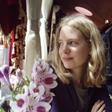













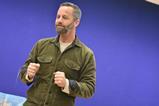
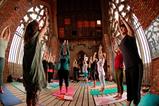
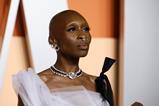





















No comments yet